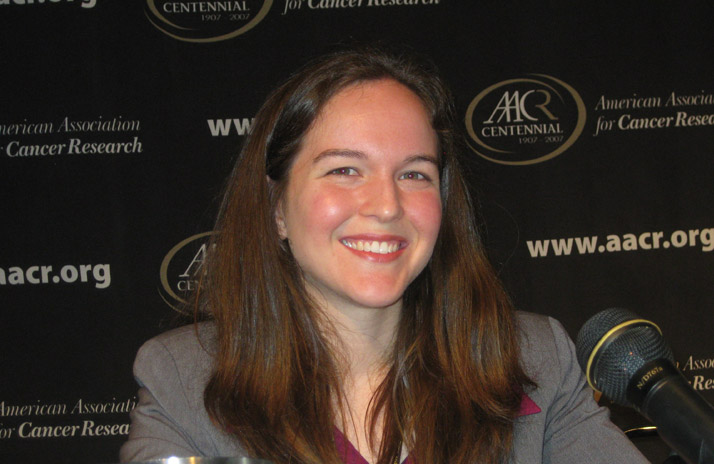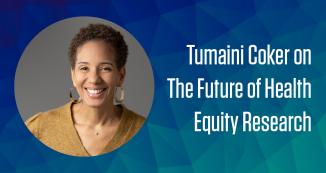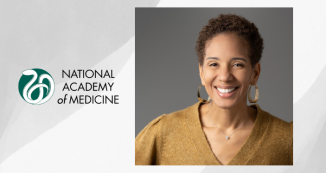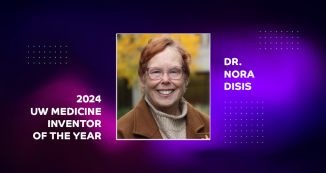
29 Oct Researcher Spotlight: Featuring Andrea Burnett-Hartman
The opportunity to positively impact the health of others through preventive medicine has always been a passion of Dr. Andrea Burnett-Hartman, Staff Scientist at Fred Hutch and Affiliate Instructor in the University of Washington’s Department of Epidemiology. It is therefore no surprise to learn her current research is focused on improving colorectal cancer screening to help reduce the risk of developing colorectal cancer.
Colorectal cancer screening techniques have traditionally focused on targeting and removing adenomatous polyps, or growths that rise from the colon lining. Less attention has been paid to sessile serrated polyps (SSPs), which are flat lesions on the colon lining now also believed to be colorectal cancer precursors. Little data exists related to the outcomes associated with SSPs, which is where Dr. Burnett-Hartman’s research is focused.
“Recent recommendations from the U.S. Multi-Society Task Force on Colorectal Cancer around these lesions acknowledged that their presence may put patients at higher risk of cancer, but there are lots of lingering questions,” explained Dr. Burnett-Hartman. “For example, we don’t know the timeline to when someone could develop cancer if they have these lesions, and we don’t know if risk still exists after a lesion is removed.”
Dr. Burnett-Hartman has designed a large observational cohort study that she believes is the first of its kind to assess colorectal cancer outcomes associated with clinic-diagnosed SSPs. The study, which relies on electronic medical record data, was able to identify 25,000 patients who received colonoscopies within UW Medicine over a 10-year window. The medical records also indicated approximately 950 patients were diagnosed with SSPs during the last 10 years. Dr. Burnett-Hartman plans to link these 950 patients to the Puget Sound Surveillance, Epidemiology, and End Results Cancer Registry (SEER) to determine the percent of these patients that developed cancer.
“This study is a chance to really make an impact,” shared Dr. Burnett-Hartman. “Once done, we should be able to better balance the potential risks of procedures to remove SSPs and increase colonoscopies with the risks of developing cancer.”
Dr. Burnett-Hartman relied on the Biomedical Informatics team at the Institute of Translational Health Sciences to gather the patient data for this study. ITHS used the UW Clinical Data Repository and authored natural language processing routines to identify her targeted population, build the necessary databases for analysis, and facilitate linkage to the SEER cancer registry. She also hired research coordinators from the ITHS Research Coordination Center to review and confirm the validity of the patient records identified through this process.
“I’m really an ITHS evangelist,” said Dr. Burnett-Hartman, who is an ITHS KL2 Scholar. “I couldn’t be doing the research I am doing now without support from ITHS. And quite honestly, I would never have known it was possible to use electronic medical records the way I am without ITHS.”
To learn more about how ITHS can support your research, please visit the ITHS website or contact the ITHS Research Navigator.







